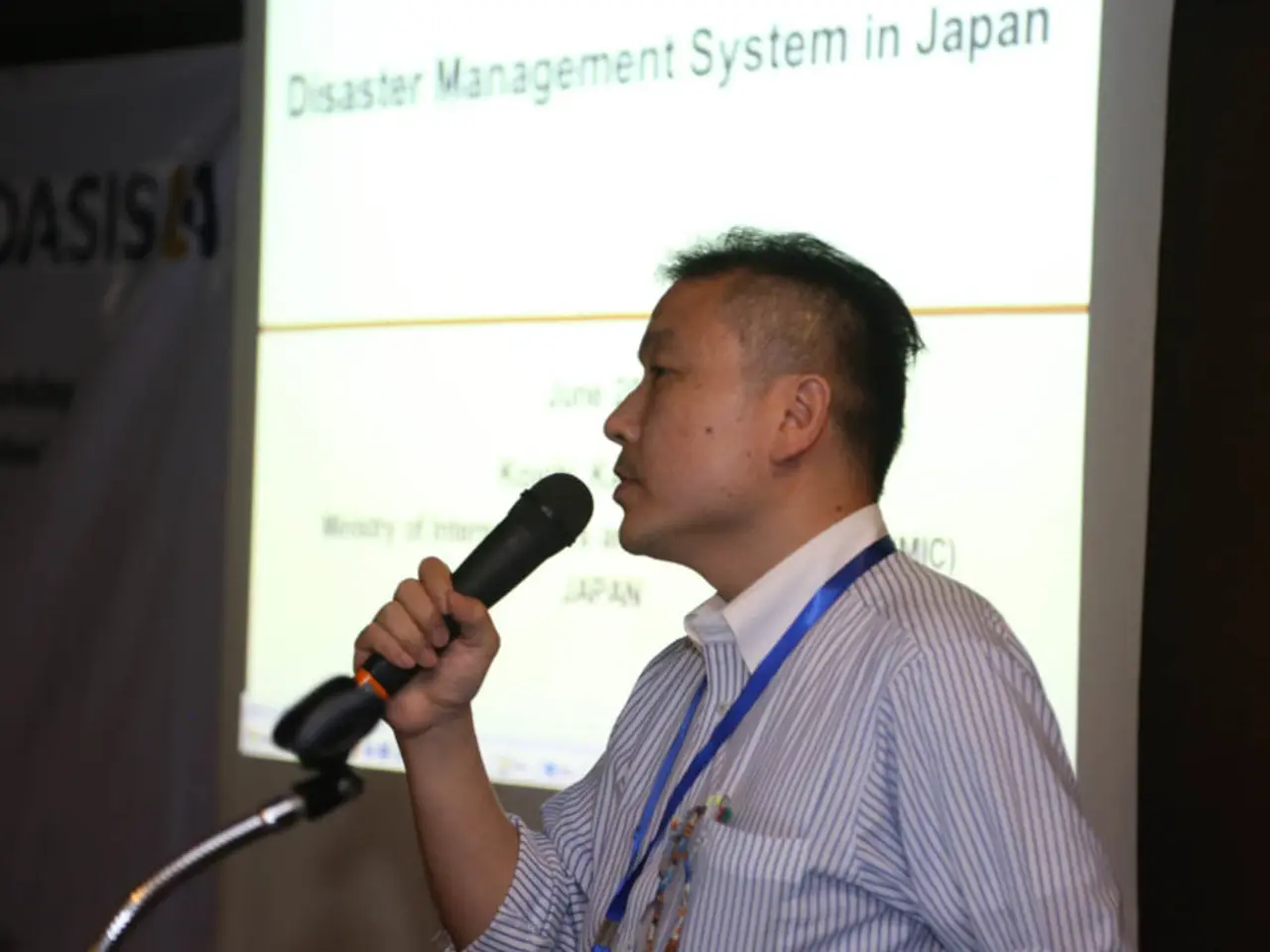Preparing Mentally for Disaster Scenarios: Crucial Techniques for Resilience
In the face of unexpected crises, maintaining mental and emotional resilience is crucial for navigating SHTF (Stuff Hits The Fan) scenarios effectively. Here are some key strategies to help you prepare and thrive during challenging times.
Developing a Survival Mindset
Maintaining a positive, confident mental state is essential for staying calm and focused during SHTF scenarios. Embrace challenges without panic, think clearly to solve problems step-by-step rather than becoming overwhelmed.
Staying Calm and Focused
Panic leads to poor decisions. Practice controlled breathing, assess your situation calmly, and break down tasks into manageable goals. Secure shelter, water, and food before engaging in long-term planning.
Setting Realistic Goals
Short-term goals keep morale up and provide structure. Define immediate priorities while also planning longer-term actions like seeking help or safe routes.
Adapting to Your Environment
Instead of fearing the environment, learn to observe it carefully and adapt your tactics accordingly. Developing situational awareness is crucial for survival.
Building Resilience Against Chronic Stress
Recognize signs of prolonged stress or “survival mode” such as exhaustion or constant agitation. Incorporate rest when possible and develop coping skills to avoid burnout.
Creating a Mental “Survival Kit”
Mentally map out warning signs and triggers for stress or panic ahead of time and strategize your responses. Practice these mental rehearsals before crisis strikes.
Utilizing Support Networks
Maintain connections where possible. Support from others can reduce mental strain and provide practical help.
These mental preparation techniques combined can enhance your ability to thrive during SHTF scenarios by strengthening focus, resilience, and adaptive decision-making rather than merely surviving.
Enhancing Decision-Making Skills
Practicing scenario-based training can significantly enhance decision-making skills. Utilizing frameworks for decision-making can provide clarity and structure. Practicing decision-making under pressure can further enhance critical thinking skills.
Cultivating Creativity
Strategies for staying motivated include establishing a clear vision for the future, creating a vision board or journal, setting incremental goals, and engaging in positive self-talk. Exploring different problem-solving techniques, such as design thinking or mind mapping, can further enhance creativity.
Building Resilience
Cultivating unwavering determination is essential for enduring SHTF scenarios. Practicing gratitude, setting realistic goals, building a supportive network, and practising visualization techniques can help foster hope and resilience amid challenges.
Prioritizing Mental Health
Engaging in self-care activities is essential for maintaining mental and physical health, particularly during SHTF scenarios. Regular physical activity, meditation, deep breathing, and engaging in creative hobbies can help manage stress levels and promote mental well-being.
Seeking Professional Help
Local mental health clinics, hotlines, and online counselling services provide valuable support during crises, ensuring individuals have access to professional help when needed for emotional stability and resilience. Many organizations and hotlines provide immediate support for individuals experiencing mental distress.
Building a Support Network
Identifying trusted individuals, participating in community groups, and leveraging online resources can help establish a robust support network for navigating challenges, ensuring individuals have access to emotional and practical support during crises. Seeking inspiration from stories of resilience and hope uplifts individuals during challenging times.
By following these strategies, you can better prepare yourself for SHTF scenarios, fostering resilience, enhancing decision-making skills, and maintaining emotional stability during challenging times.
- The ability to remain mentally resilient is crucial in navigating SHTF scenarios effectively, focusing on problem-solving rather than giving in to panic.
- Maintaining a positive mindset is vital for staying calm during SHTF scenarios, allowing clear thinking to tackle problems step by step without being overwhelmed.
- To adapt in SHTF scenarios, it's important to observe the environment carefully, learning to adapt your tactics as the situation demands.
- Recognizing and managing signs of prolonged stress or "survival mode" is essential for avoiding burnout during a disaster.
- Developing coping skills, practicing controlled breathing, and incorporating rest can all contribute to building resilience against chronic stress during SHTF scenarios.
- Proactively creating a mental "survival kit" can increase adaptive decision-making, containing strategies for addressing potential stress triggers and panic.
- Utilizing support networks, whether family, friends, or community groups, can help reduce mental strain and provide practical assistance during challenging times.
- Practicing scenario-based training, learning decision-making frameworks, and honing critical thinking skills under pressure can all help improve disaster preparedness and survival.
- Creative hobbies, meditation, and regular physical activity can help maintain mental health during SHTF scenarios, keeping stress levels manageable.
- In times of crisis, seeking professional mental health help from local clinics, hotlines, or online services can provide immediate emotional support and stability.




